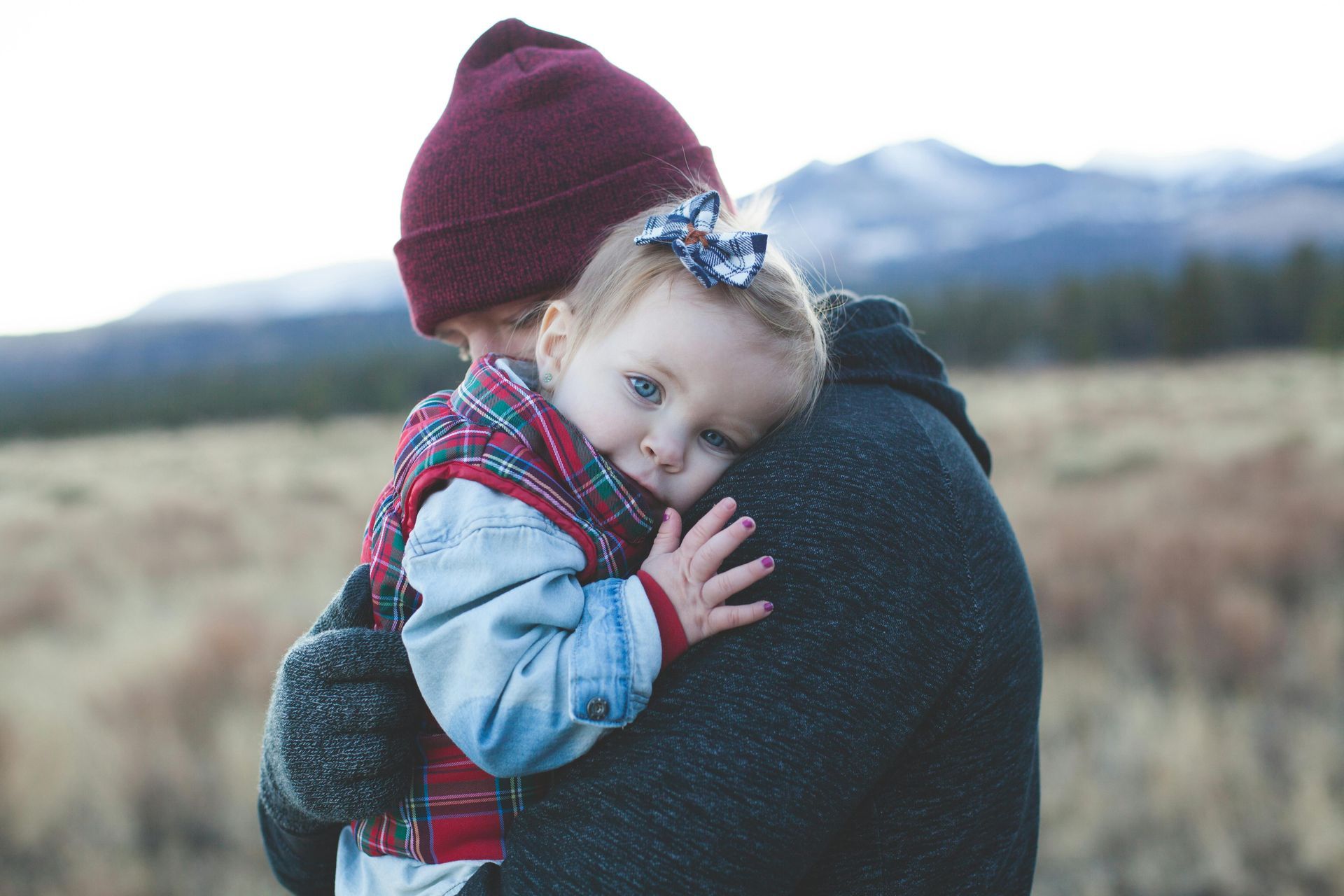Making the Holidays Work While Co-Parenting

The holidays are a special time of year, filled with traditions, joy, and the chance to make memories with loved ones. However, for families navigating co-parenting, the season can also bring unique challenges. Balancing schedules, managing emotions, and ensuring everyone feels included can make the holidays feel more stressful than festive.
Despite these hurdles, co-parents can create a meaningful and harmonious holiday season with some planning, communication, and a focus on what truly matters: the happiness and well-being of their children.
Here’s how to prepare yourself, your kids, and your co-parent for a smoother, more joyful holiday experience.
Preparing Yourself for the Holidays
The holidays can bring up a mix of emotions, especially if this is one of your first seasons co-parenting. It’s natural to feel overwhelmed or even a little sad when traditions change or time with your kids is divided. That’s why it’s so important to take care of yourself first.
Start by focusing on what truly matters. The holidays don’t have to be perfect; what your kids will remember most are the moments when they feel loved, safe, and connected. Shifting your mindset away from perfection and toward joy can help reduce some of the pressure.
Taking time for self-care is equally important. Whether it’s going for a walk, reading a favourite book, or simply taking a moment to relax, nurturing your own well-being will help you approach the holidays with more patience and positivity.
Staying flexible is also key. Holiday plans can change, and being open to adjustments will help you navigate any surprises with ease.

Helping Your Kids Navigate the Holidays
For kids, the holidays are often a time of excitement and anticipation. But when their parents live in separate homes, they might also feel some confusion or sadness about how the season will unfold. Preparing your children ahead of time can help them feel more secure and ready to enjoy the holidays.
Talk to your kids about the holiday plans as early as possible. Explain where they’ll be spending their time and what to expect in a way that’s simple and clear. For example, if they’ll be with one parent for Christmas Eve and the other for Christmas Day, let them know so they have time to process the schedule.
It’s also helpful to listen to their feelings. Children may feel sad about not having both parents together or worry about missing out on traditions they love. Reassure them that it’s okay to feel this way and encourage them to share their thoughts openly.
Keeping familiar traditions alive can help create a sense of continuity. At the same time, don’t be afraid to introduce new traditions. These fresh experiences can become something your children look forward to each year and can help make the holidays feel special in new ways.
Collaborating with Your Co-Parent
Communication with your co-parent plays a big role in how smoothly the holidays go. By working together, you can create a plan that works for everyone and keeps the focus on your kids.
Start discussions early to avoid last-minute conflicts. Whether it’s about the holiday schedule, gift-giving, or family events, having a clear plan in place will reduce misunderstandings. If you have a custody agreement, try to stick to it as much as possible. If changes are needed, approach the conversation respectfully and with an open mind.
Coordinating gifts can be another important step. Talking with your co-parent about what you each plan to give can help avoid duplication and ensure the gifts are thoughtful and meaningful. Throughout your conversations, remember to keep things child-focused. Setting aside personal conflicts in favour of what’s best for your kids creates a healthier and more positive holiday environment.
Managing The Holiday Schedule
Holiday scheduling is one of the most challenging parts of co-parenting. With multiple households, extended families, and different traditions to juggle, things can quickly become complicated.
Creating a detailed plan ahead of time is one of the best ways to manage this. Clearly outline where your kids will be and when, and share this plan with your co-parent so everyone is on the same page. Being flexible and open to changes is also important. Travel delays, unexpected family events, or even a child’s change of heart can affect plans, and being adaptable can help reduce tension.
Remember, fairness doesn’t always mean an exact 50/50 split. Focus on what works best for your children and their needs. For some families, alternating holidays every other year works well
Supporting Your Kids Emotionally
The emotional well-being of your children should remain the top priority throughout the holidays. They may feel torn between homes or worry about one parent feeling left out. Reassure them that it’s okay to enjoy their time with both parents and that loving one parent doesn’t take anything away from the other.
Patience is crucial. Children might take time to adjust to new routines, and their emotions might show up in unexpected ways. Be understanding and offer them extra support when needed.
When you do have time with your kids, focus on making it meaningful. Whether it’s baking cookies, watching holiday movies, or simply sitting together and talking, these small moments of connection can have a big impact.
Looking Forward
The holidays can be a time of stress, but they can also be a time of growth and new beginnings. By preparing yourself, supporting your children, and collaborating with your co-parent, you can create a season filled with joy, love, and treasured memories.
If co-parenting challenges feel overwhelming, seeking help from a professional counsellor can provide valuable support and guidance. Together, you can navigate the holidays in a way that works for everyone.
Remember, the holidays are about love and togetherness. With effort and understanding, you can make this season special for your family, no matter how things have changed.




